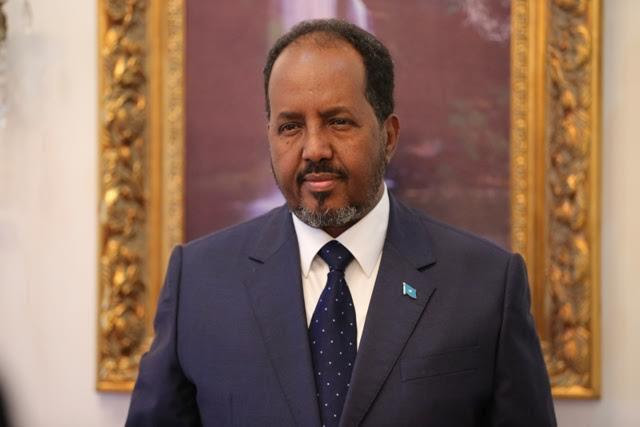In Africa, power abuse and widespread corruption are the main governance barriers. Different factors contribute to these issues, both external and internal causes. I agree that internal problems and a lack of committed leadership and political elites are key factors.
Although Somalia was one of Africa’s first democracies and the first nation to have held a peaceful power transfer with a democratic process and transition, the country has seen two decades of dictatorship followed by civil wars and political instability. The Somali people had good faith and hope in Hassan Sheik’s second re-election, hoping to avoid the atrocities and instabilities committed by his predecessor, Mohamed Farmajo. I was among those people who thought that Hassan Sheik’s second term would be dedicated to leaving a legacy for his people.
Normally, democratically elected presidents invest their second term to create a legacy and a positive history for their time in office. It is challenging to figure out the type of legacy that this regime is going to make. Hassan and his team started to mimic the footsteps of his predecessor, let alone to create a legacy and come up with visionary and innovative programs that help address the nation’s state-building process and priorities.
Here are the similarities between the two presidents:
Hassan Sheik has appointed an inexperienced and easily-influenced prime minister who will serve as a rubber stamp for Hassan’s greedy agenda. Why do they look for a naive prime minister? Somalia’s constitution gives executive powers to the prime minister; therefore, the two presidents were looking for someone that accepts their manipulation and directions.
The clan system serves as a checks-and-balances system to curb the powers of the top political positions like president, speaker of the parliament, prime minister, and the court; all of these people have different clan associations. The intention of the seperation is to restrict the power and mitigate the effects of a bad leader. Also, the two administrations appointed their cabinet from the parliament to escape accountability and defuse the checks-and-balance system. In a democratic society, parliament holds the executives accountable and serves as a watchdog for public expenditure.
Here are some of the reservations for Hassan’s regime:
Vicious circle and lack of incrementalism
The lack of innovation and creativity hinders the state-building process and federalism. Governance and public policies are said to be incremental when new administrations add value to the already established structures and public policies. Our expectations for Hassan’s regime were very good; we thought he would be a peace-loving leader prioritizing negotiations and peaceful means of conflict resolution, but that dream didn’t happen, and we have become victims of political plagiarism and greediness for power.
Will this entrenched political system create a situation that demands change or a revolution just like what happened during the warlords? If the Somali elite and educated persons don’t intervene in the current political order, things might become messy, and violent extremist organizations might see it as an opportunity. Somalia needs a visionary leader with a thorough understanding of the state and nation-building process, a leader who can strengthen the institutional checks and balances, a leader who is not looking for financial gains, and a leader who has no interest in his re-election.
What is inevitable?
Considering all of the above conditions and experiences, it is obvious that the final outcome will be very similar to what happened during Farmaajo’s era, though the election model may be different. Hassan needs to accept the realities and hold participatory elections where the rules of the game do not favor individual interests. Political reconciliation and trust-building are important to harmonize the process and create a conducive environment for healthy elections.
Farah Bashir, Researcher and Analyst.

